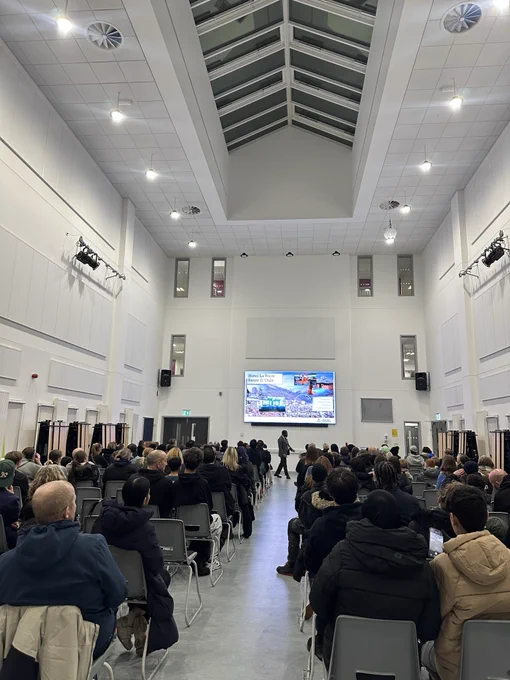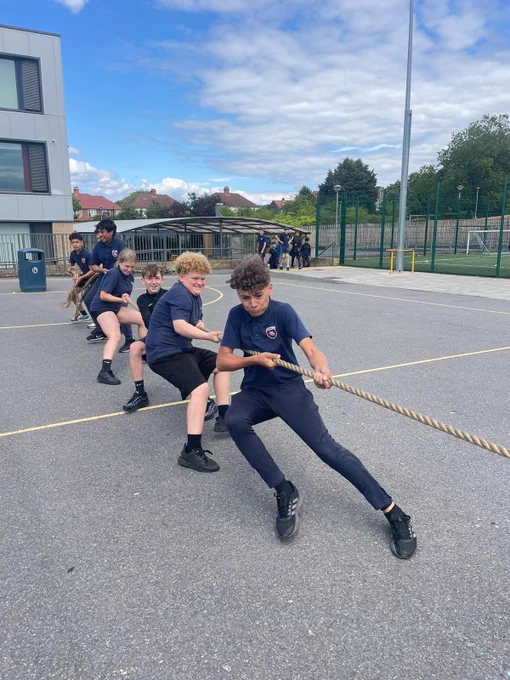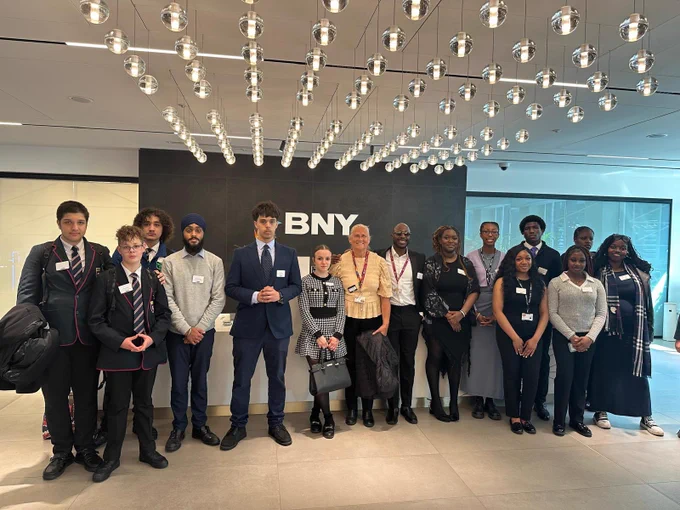Politics
Politics Curriculum Narrative
Part 1: Our aims and philosophy
Have you ever heard the expression ‘a week is a long time in politics’? Politics is a living and breathing subject, with the political landscape changing on almost a daily basis. It considers the political processes that operate behind the smokescreen of government and how the individual can contribute to the political process and their relationship with the state and fellow citizens. It is also the study of ideas, and how individuals have shaped political systems such as parliamentary democracy, federal republics and communist dictatorships. Finally, it helps clarify what you yourself believe by considering a range of political ideologies and where your own political beliefs fit into this vast spectrum. Studying Politics equips our students with the skills and knowledge to interpret and analyse the demands of a rapidly changing and evolving political landscape in the UK and around the world. In an era of highly partisan and divisive politics embodied by Britain’s changing relationship with Europe and populist leaders such as Donald Trump dominating the political environment, the need to bring our own interpretation to such events has taken on increasing significance.
Our curriculum reflects the rapidly changing political landscape, and to that end, our students explore themes such as the development of the UK’s democratic system, the role of political parties and the importance of the individual in the political process. Students will expand their studies to the USA, considered by some to be a ‘beacon of democracy’, understanding the nature of US democracy and the debates surrounding it, while considering the influence it has had on the UK. Students will engage with comparisons between US and UK political institutions, which will deepen their understanding of Politics as a discipline. Finally, students will examine a range of political ideologies such as socialism, liberalism and conservativism, understanding their emergence and impact on while considering the influence it has had on the UK. Students will engage with comparisons between US and UK political institutions, which will deepen their understanding of Politics as a discipline. Finally, students will examine a range of political ideologies such as socialism, liberalism and conservativism, understanding their emergence and impact on the development of political institutions and processes around the world. By the end of their two-year study, our students have a refined understanding of the discipline of Politics, are equipped with the wisdom to understand the rapidly changing political landscape, and are successful, happy and innovative citizens ready for university and for the career of their choice.
Part 2: Year by year synopsis
Year 12
In Year 12, the students begin with a study of how people and politics interact in the UK. They must be able to draw upon their analytical and evaluative skills learned in subjects such as History and English at GCSE when exploring the emergence and development of the UK’s democratic system and the role and importance of political parties. Students will examine how electoral systems in the UK operate and how individuals and groups are influenced in their voting behaviour and political actions. Students also begin the year with a study of people and politics in the US democratic system, including the electoral process, and the emergence of the two-party system. By the end of the year, students will have learned about key institutions of government in the USA and analysed the ways in which they achieve this power and exercise it over their citizens. They will be able to evaluate whether ‘liberty and justice for all’ has been achieved in the USA, whilst interrogating the debates around the nature of democracy in the USA while also beginning to compare and contrast political institutions in the US with those in the UK.
Year 13
For the second half of the course in Year 13, students must again draw upon their analytical and evaluative skills and apply them in a more complex fashion when studying the rules governing politics in the UK, the UK constitution, which is distinct and almost unique in its nature compared with other countries. Lessons further introduced and deepen student understanding of the different major branches of the government, the legislative, executive and judiciary, as well as the relationships between them. Simultaneously, students will begin their exploration of the three traditional political ideas of conservativism, liberalism and socialism, as well as examine the non-core political idea of feminism. Students will learn about the central ideas and principles of each ideology, and how they apply in practice to human nature, the state, society and the economy, and finally the debates and divisions within each idea and the core beliefs of key thinkers such as Karl Marx, John Locke, Thomas Hobbes and bell hooks. By the end of Year 13, students will have mastered their analytical and evaluative skills when interpreting political information covering the rules governing UK politics and the core ideas behind ideologies, while also being able to critically analyse and evaluate the debates and arguments central to these themes.





















